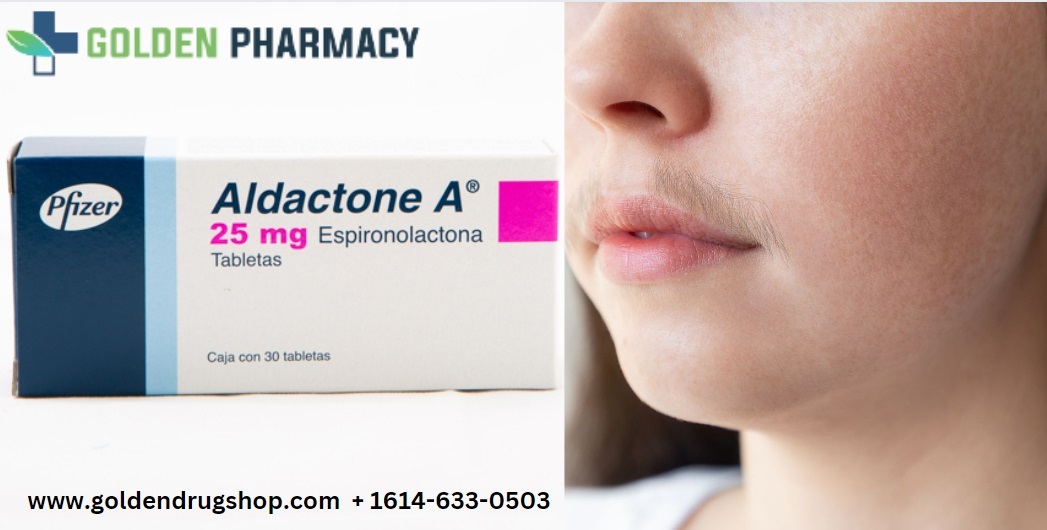categories
- Categories
- Erectile Dysfunction
- Eye Care Medicine
- Men's Health
- Thyroid medicin
- Pain Relief
- Sildenafil
- Kamagra
- All Categories
- Anti Viral
- Allergy
- Asthma
- Diabetes Medicine
- Erectile Dysfunction
- Eye Care Medicine
- Gastro Medicine
- Vidalista
- Hair Loss
- HCG
- Men's Health
- Pain Relief
- Weight Loss Medicines
- Women's Health
- Heart and Blood Pressure
- Cancer Medicine
- Other medicine
- Antibiotic Meds
- Migraine Medicine
- Thyroid medicine
- Kidney Medicine
- Birth control Meds
- HIV Medicine
- Antifungal medicine
- Alzheimer's medicine
- Antiparkinson medicine
- Tadapox
- Sildenafil
- Kamagra

Is Aldactone a hormone pill?
Understanding Aldactone: Is It a Hormone Pill?
When it comes to managing various health conditions, medications play a crucial role. Aldactone 25mg, also known by its generic name spironolactone, is often a subject of curiosity and confusion. Positioned as a treatment for conditions like high blood pressure, heart failure, and edema, it's also garnered attention due to its off-label use in hormonal acne and hirsutism. But the burning question remains: Is Aldactone truly a hormone pill?
Unveiling Aldactone's Mechanism
Aldactone belongs to a class of medications called diuretics, primarily known as aldosterone receptor antagonists. Unlike traditional hormone pills, Aldactone doesn't directly introduce hormones into the body. Instead, it operates by blocking the actions of aldosterone, a hormone responsible for regulating sodium and potassium balance in the body. By doing so, it reduces fluid retention, thus alleviating conditions like edema and high blood pressure.
Off-Label Use in Hormonal Imbalances
While Aldactone isn't inherently a hormone pill, its indirect impact on hormonal balance has sparked interest in dermatology and gynecology. Dermatologists often prescribe Aldactone 25mg for hormonal acne due to its ability to lower androgens, the hormones responsible for stimulating oil production in the skin. Similarly, in cases of hirsutism (excessive hair growth), it's used to counter the effects of androgens, thereby reducing unwanted hair growth.
A Closer Look at Hormonal Regulation
Understanding the distinction between hormone pills and medications like Aldactone involves delving into the nuances of hormonal regulation. Hormone pills, such as birth control, hormone replacement therapy, or testosterone supplements, directly introduce or modify hormone levels in the body. On the contrary, Aldactone 25 doesn't introduce hormones but impacts their regulation by interfering with aldosterone receptors.
Aldactone's Role in Hormonal Conditions
The effectiveness of Aldactone in managing hormonal conditions stems from its ability to modulate hormone receptors indirectly. This unique mechanism has led to its usage in cases where hormonal imbalances contribute to specific health issues. While not classified as a hormone pill per se, its impact on hormonal balance underscores its relevance in treating conditions influenced by hormone activity.
Exploring Aldactone's Impact on Hormonal Health
Beyond its primary function as a diuretic, Aldactone has garnered attention for its role in managing hormonal imbalances, particularly in conditions where androgens, a group of male hormones including testosterone, exert a significant influence. This medication operates by blocking the receptors that androgens would typically bind to, reducing their effect on the body.
Aldactone in Hormonal Acne Treatment
Acne, especially in adult women, is often linked to hormonal fluctuations. Androgens stimulate the sebaceous glands, leading to increased oil production, which can contribute to acne development. Dermatologists, recognizing the role of androgens in this process, sometimes prescribe Aldactone as an adjunct treatment for persistent, hormonally-driven acne.
Its anti-androgenic properties help regulate oil production, leading to clearer skin over time. However, it's essential to note that its usage for acne typically involves a cautious approach, starting with lower doses and monitoring its effects over several weeks or months.
Hirsutism Management with Aldactone
Another area where Aldactone 25 mg shows promise is in managing hirsutism. This condition, characterized by excessive hair growth, often results from heightened androgen levels. By impeding androgen receptors, Aldactone 25mg can slow down hair growth, reducing the need for other hair removal methods and improving the overall quality of life for individuals affected by this condition.
Balancing Effectiveness and Safety
While Aldactone demonstrates efficacy in managing hormonal issues, it's crucial to approach its usage cautiously. Like any medication, it comes with potential side effects and requires monitoring by a healthcare professional.
Common side effects include increased urination, dizziness, breast tenderness, and menstrual irregularities. Rarely, it may lead to more severe issues like hyperkalemia (high potassium levels), especially in individuals with kidney problems or those taking other medications that affect potassium levels.
Conclusion
In conclusion, while Aldactone 25 mg isn't classified as a hormone pill, its ability to modulate hormone receptors plays a pivotal role in managing conditions influenced by hormonal imbalances. Its off-label usage in addressing hormonal acne and hirsutism showcases its adaptability in the realm of dermatology and gynecology.
However, cautious administration and close monitoring are crucial to harness its benefits effectively while minimizing potential side effects. Understanding its unique mechanism underscores its significance in the spectrum of medications targeting hormonal health.
